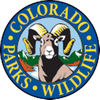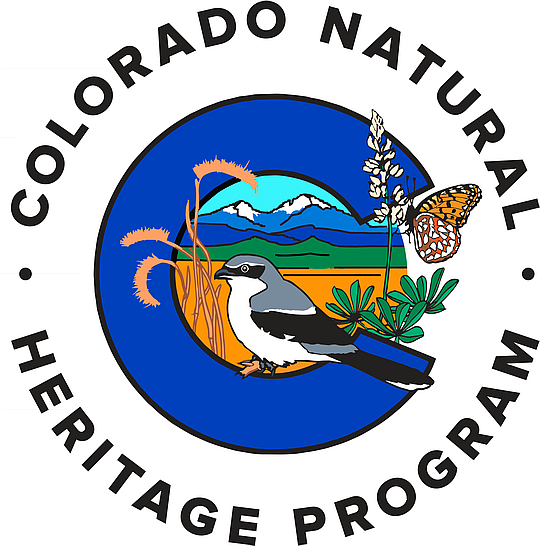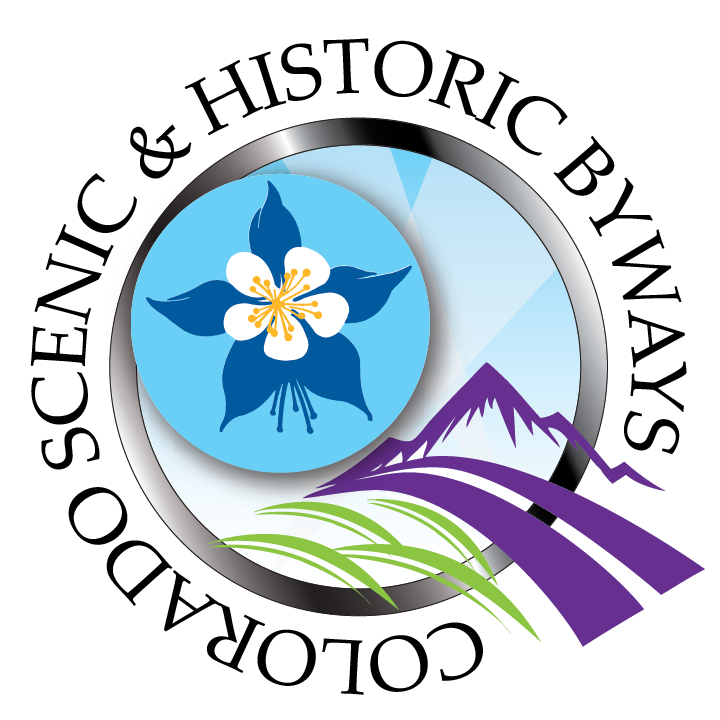by Melissa Daruna, Executive Director, and Linda Lidov, Director of Membership & Communications
August 1 is Colorado Day. On that day in 1876, President Ulysses S. Grant signed a proclamation admitting Colorado as a state. As we celebrate Colorado and all of its gifts, we think about the role conservation plays in keeping it special. Our thoughts also turn to the culture of conservation that will be required to keep Colorado wonderful into the future. Yes, it’s about protecting the land, water and wildlife that define our state. It’s also about creating a place for the people who call – and have long called – this place home.
For many, Colorado’s specialness is about our rivers, forests, trails and mountain peaks. It’s about the open prairies and the bison. It’s in knowing that families have worked and inhabited these lands for multiple generations. It’s an ancestral home for many, with sacred connections to the land. It’s all of these things.
Anyone who has experienced Colorado’s outdoors has likely thought about their connection to nature and its importance to their wellbeing. They celebrate it by living here and enjoying what they have every day – from the clean air and water, to the local food farms and ranches produce, to the animals and fish inhabiting our lands and waters, to the open spaces on which we recreate.
Let’s recognize two things about Colorado and its specialness.
First, these things don’t just “happen.” Conservation has played and continues to play a critical part in ensuring that Colorado’s nature is here for us today and for generations to come. People and animals benefit from a commitment to protect and take care of our natural resources, and from policies enabling conservation by organizations such as land trusts. They are entrusted by the public to conserve private lands (which make up 60 percent of our state), so that these lands can be used and enjoyed in perpetuity.
Open space and parks agencies are charged with maintaining and making accessible our state’s public lands – and have done a remarkable job keeping our parks open and safe as record numbers of people seek an outdoor respite and recharge during the pandemic. Community members and nonprofits that value Colorado spend countless hours stewarding the lands year-round. This is the work needed to keep Colorado special.
Second, conservation must include everybody. It is non-exclusive; everyone stands to benefit from it. Unfortunately, not everyone is benefiting from conservation equally. Not every Coloradan has an equal ability to take respite on a hiking trail. Or experience healthy, locally grown food. Or breathe clean air. We are keenly aware of the inequities that exist for Black, Indigenous and People of Color, who we know have disparate opportunities due to systemic inequities that have existed for hundreds of years. We recognize that the conservation community has a role to play in undoing those inequities and working toward a better future for every Coloradan.
Meanwhile, land trusts are developing creative conservation solutions. Through the pandemic, many have pivoted their programs to meet the rising needs of their communities and think differently about their plans.
As examples, to help with food insecurity in the San Luis Valley, Rio Grande Headwaters Land Trust launched a program to connect local food producers with families in need. Estes Valley Land Trust launched a stewardship corps to engage people experiencing unemployment in stewardship projects on conserved properties in exchange for a stipend. With a growing need for public outdoor access, Palmer Land Trust helped El Paso County open the long-awaited Pineries Open Space. Eagle Valley Land Trust is conducting youth outreach and outdoor education programming entirely in Spanish to serve its Spanish-speaking Latinx community. We celebrate this momentum, while embracing the knowledge that as a conservation community, we have a long way to go.
So, this “Colorado Day,” we’ll appreciate that the specialness of our state requires ongoing work; it can’t be taken for granted. We know we don’t have all the answers. But we are confident others will stand with us in this vision.
Photo: Caveman Collective













